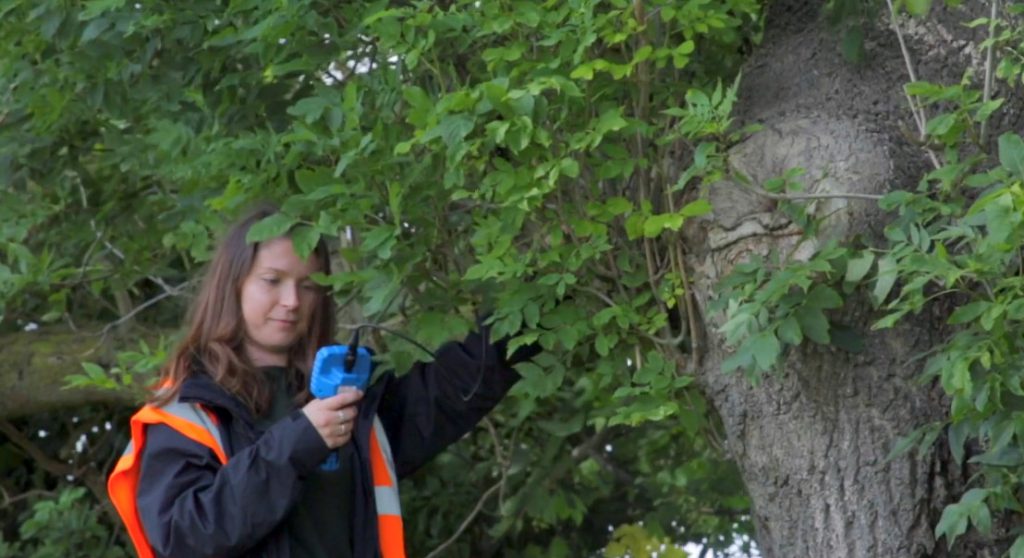Rural Cambridgeshire
A largely rural county located in the East of England, Cambridgeshire covers 338,900 hectares of land and sits within the counties of Bedfordshire, Essex, Hertfordshire, Northamptonshire and Suffolk. Out of the total of 22 settlements across the county, the largest based on population include Cambridge, Wisbech, St Neots, Huntingdon, March and Ely. As the urban area with the largest population, Cambridge is the most popular location within Cambridgeshire, helped by the title and the fact that it is home to the world-renowned university.
Districts within Cambridgeshire consist of Cambridge City, East Cambridgeshire, Fenland, Huntingdonshire and South Cambridgeshire, and the standard of the environment varies significantly from place to place. For instance, the percentage of the population living in rural areas sees a majority 82.6% in South Cambridgeshire, but an entirely lacking 0% in Cambridge City. Both areas with high and low biodiversity value must be protected by the corresponding local authorities, with such actions raising a potential concern for developers intending to stage a project in the county.
Protected Species Present in Cambridgeshire
Between urban areas within the City of Cambridge and natural locations in other districts across Cambridgeshire, protected animal species are given various developed and undeveloped places to form viable habitats. Protected species present in Cambridgeshire include badgers, bats, birds, great crested newts, invertebrates, otters and reptiles. Combined with the neighbouring counties of Bedfordshire and Northamptonshire, Cambridgeshire is part of the Wildlife Trust for Beds, Cambs and Northants (BCN) to safeguard protected species in the county.
Multiple plans from local councils and wildlife trusts such as the Wildlife Trust for BCN outline how the state of biodiversity should be retained and enhanced during any projects that will alter the environment. The Biodiversity Supplementary Planning Document from Greater Cambridge Shared Planning, for example, offers comprehensive guidelines on planning requirements in relation to environmental quality and local biodiversity, with sections for UK legislation, planning policies, biodiversity resources and consideration of biodiversity in the development process.
Within the document, ecology surveys are referenced as a key factor that will enable a planning project to move forward without harming the natural environment. At this point, an ecologist can visit the development site and analyse all ecological features at length before developing an ecology report to support the developer’s planning application.
Stages in the Ecological Assessment Process
Most circumstances will see an ecological consultant suggesting that the best course of action would be to conduct a preliminary ecological appraisal (PEA) / Phase 1 Habitat Survey. A baseline ecological assessment, the PEA will consist of an ecological surveyor visiting the site at a predetermined date to analyse all areas of the site, focusing on protected animal species and valuable or invasive species of plant.
If any protected species are found, the ecologist will suggest further surveys to better understand the nature of their presence on the site. Depending on the ecological features in question, further ecology surveys could include giant hogweed surveys, Himalayan balsam surveys, injurious weed surveys or Japanese knotweed surveys for plants, or badger surveys, barn owl surveys, bat surveys, dormouse surveys, great crested newt surveys, otter surveys, reptile surveys or water vole surveys for protected species.
Immediately after a PEA survey, a protected species survey or any other form of ecology survey, the ecological consultant will develop a report that explains the outcomes of the assessment in comprehensive detail. It will also provide mitigation measures to help with any ecological features that are obstructing the development, and with this insight, the ecology report can be handed to the local planning authority to support the application for planning permission.
Ecologists Situated Within Cambridgeshire
As ecological features can appear anywhere, the need for an ecology survey can be just as relevant on undeveloped patches of land as it would be on sites with existing infrastructure. As a result, it would be advisable to reach out to our team for an ecological survey if you are in the early stages of your development project. With our help, we can provide professional advice on meeting planning requirements and support you in gaining planning consent.
After many years of catering to the needs of private and professional clients up and down the country, Arbtech has become a trusted name in ecological surveys and assessments. Speak to our team today and we will give you a free quote based on the unique specifications of your site and project. When you give us the green light, we can then decide on a date to visit your site and undertake the necessary ecology surveys.


